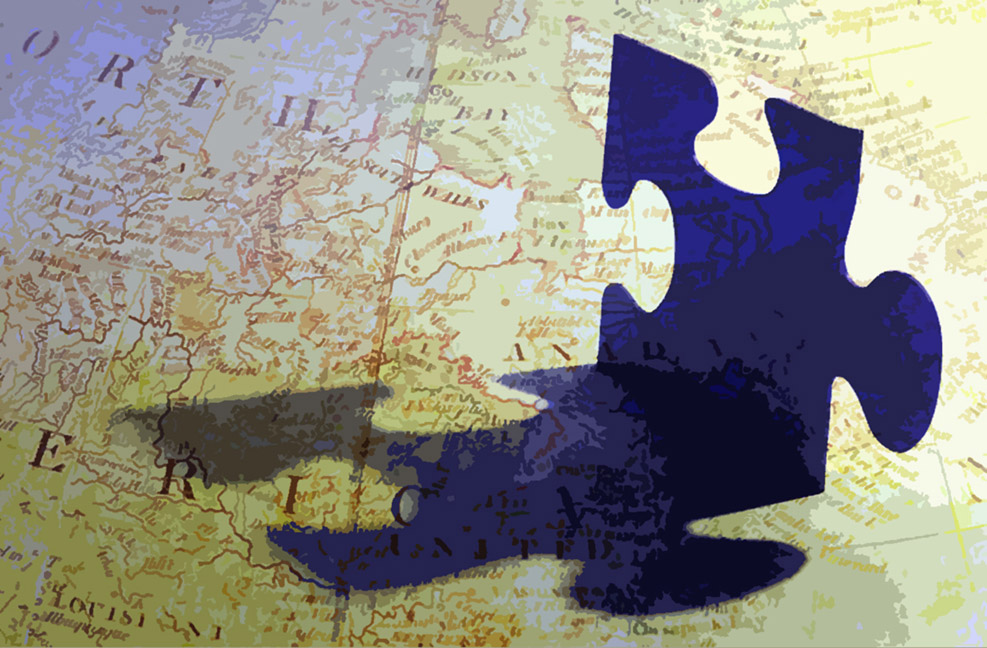
The State of Humanity:
Global Priorities
One fundamental requirement of being a citizen, and especially of being a citizen of the world, is being well-informed. Yet, while being generally educated is essential, there's much more to being well-informed than this. An especially essential area of expertise for everyone is an understanding of the most crucial problems currently facing humanity, and also of the best solutions proposed for addressing those problems.
Our aim in this resource is to help everyone acquire this sort of understanding.
First, the bad news: the human race is in very, very serious trouble. Millions lack even the most basic amenities of life, such as sanitary facilities, while billions more just scrape by. Despite an already failing ecosystem, billions of additional human beings are on the way. Thanks to the Bush and Trump administrations, nuclear weapons proliferation is a problem again. We're fouling our nest with pollutants, and not merely climate-destroying greenhouse gasses. We're running out of cheap energy at a time when coal and oil companies are already killing stochastically. We're running out of fresh water, and of forests, and of fisheries, and many thousands of species are at risk of dying out. Globalization and "free trade" and "privatization" are all trending toward the destruction of democracy and civil society everywhere, just for the sake of promoting the economic interests of amoral, and sometimes immoral, transnational corporations. The media, who should be serving as watchdogs, are themselves mostly corrupt transnational corporations. And in consequence political corruption is striking to the very bone, resulting in legislation directly contrary to the best interests of the vast majority of human beings — though not contrary to the very short term interests of the very, very wealthy.
After this dismal litany, can there possibly be any good news?
Yes. There can be, and there is. We've never had greater intellectual resources for problem solving, and we've never before faced problems that are truly global in nature and that therefore demand global solutions and international cooperation. And the best news of all, perhaps, is this: there have never been more people aware that something is fundamentally wrong with the way that we're currently conducting human affairs.
While there is no question whatever that stormy weather lies ahead for humanity, both in the meteorological sense and on the level of our societies, much can be done to reduce the severity of the impact. But we are running out of time — time to prevent the more explosive, lethal, and wholly unnecessary, sort of human misery, because it does, after all, take time. Like human beings themselves, human institutions have a built-in historical and economic and ideological inertia that can't quickly be redirected into rational channels even with the best of intentions, even with unlimited resources, and even under the best of circumstances. So unless we are very, very careful indeed, catastrophe awaits humanity and the fragile habitat that is all that supports us. For better or for worse, the next 50 years will be decisive for the survival of the human species.
But stormy weather notwithstanding, neither despair or depression are options. There is really only one option: commitment and all of the focus that we can muster, as individuals, families, communities, cities, states, and nations. The time is already long past for petty feuding. These are not "normal" times, whatever that means. As we noted above, the problems we now face are global, and massive in scale. We must pull together or perish together.
It's really just that simple — and just that difficult. The time to get started is now, right now, today. And the place to start is with a diagnosis of our assorted diseases. With that in hand, we can implement some sort of triage, and design optimal cures. And lastly, and we must hope not too late, comes the implementation of those cures.
When it comes to the worst problems that confront us, there are two broad divisions. The first problems are those that are publicly acknowledged, even if there is sometimes substantial resistance to that acknowledgment. Climate vandalism and the opioid crisis provide examples here. The second set of problems, usually highly politically charged, go with little or no acknowledgement: for example, the excessive power of corporations and their CEOs, widespread political corruption, the massive misallocation of resources to weapons of mass destruction, corrupt media, and out of control intelligence and law-enforcement agencies all receive far less attention in the mass media than they merit.
We will first be turning our attention to those problems that can at least be publicly acknowledged. However, even prior to this, we recommend that one of our four canonical books be read first (Governing for Sustainability), since it provides the best single overview of the current state of humanity, and insight into the workings of the UN.)
The United Nations Sustainable Development Goals

Like most of the nation states of which it is comprised, the UN has not shown itself to be highly effective in addressing the world's problems - but it has at least identified 16 major areas of concern, and has provided current, concise, and easy to absorb summaries of the current state of affairs with respect to each of these.
Readers who take the trouble to review these will find some surprisingly good resources, and will also acquire some badly needed perspective outside of the corporate media, which rarely reports on any of this. (This briefing requires about half an hour.) Information pertaining to each goal/problem area may be accessed by clicking on the icons that appear below.

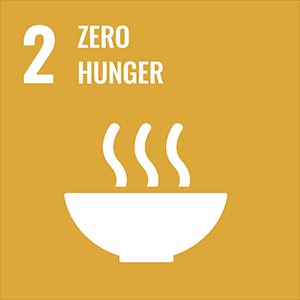
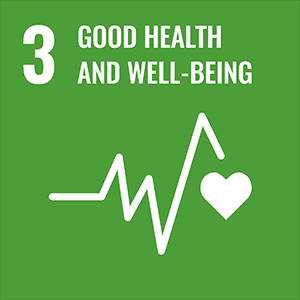
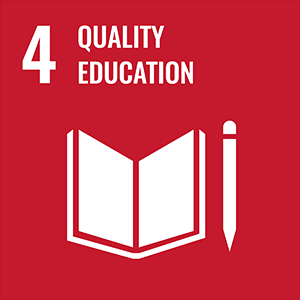
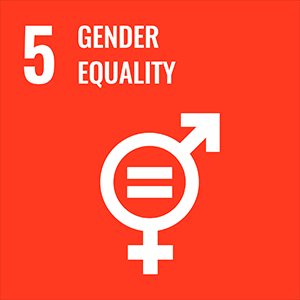
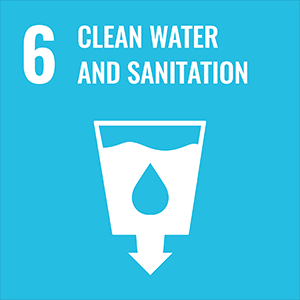
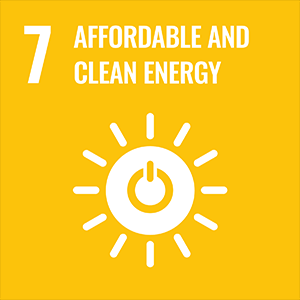

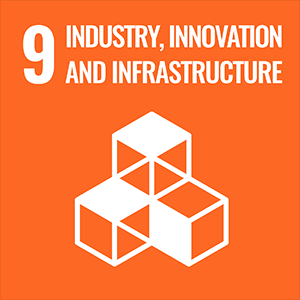
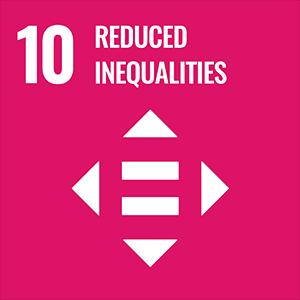

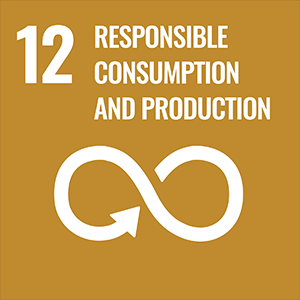

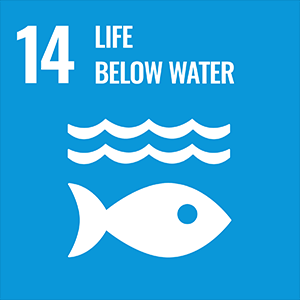
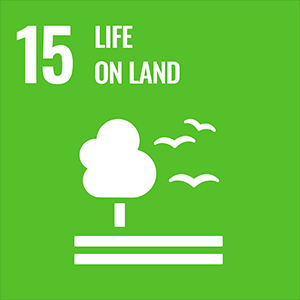
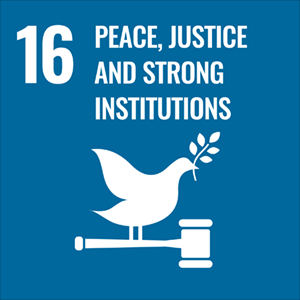

To continue from here, please go to our page for under-acknowledged global priorities.
The Editor / Everything Progressive

